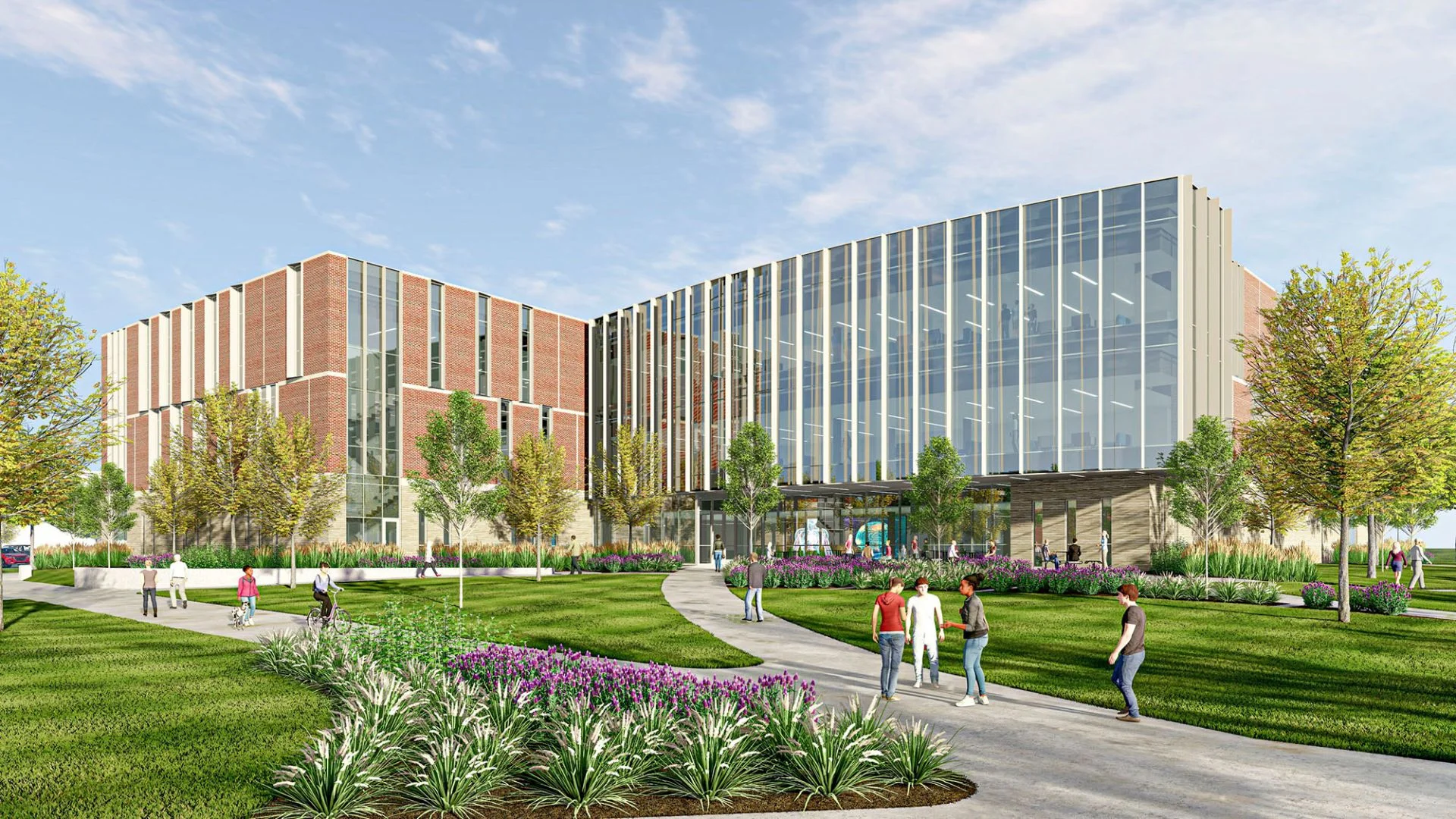The world of higher education has undergone a remarkable transformation in recent years, driven by a confluence of technological advancements, shifting societal needs, and a growing emphasis on accessibility and inclusivity. As the landscape of higher education continues to evolve, universities are faced with the challenge of adapting to these changes while preserving the core values and traditions that have long defined the academic experience.
At the heart of this transformation is the concept of the “university view” – a holistic perspective that encompasses the diverse roles and responsibilities of modern universities, from their responsibility as centers of learning and research to their impact on local communities and the global community at large.
The Multifaceted Roles of Universities
Universities have long been recognized as pillars of knowledge and innovation, serving as hubs for the advancement of human understanding and the development of groundbreaking solutions to the world’s most pressing challenges. However, the role of the modern university has expanded far beyond the traditional boundaries of the classroom and the laboratory.
The University as a Center of Learning and Research
At the core of the university’s mission is the pursuit of knowledge and the cultivation of critical thinking skills. Universities are tasked with providing students with a comprehensive and enriching educational experience, equipping them with the intellectual tools and the breadth of knowledge necessary to navigate an increasingly complex and interconnected world.
Through their academic programs, universities not only impart specialized knowledge but also foster the development of essential skills such as effective communication, problem-solving, and adaptability – attributes that are increasingly sought after by employers and are crucial for success in the 21st-century workforce.
Alongside their educational responsibilities, universities also play a vital role in advancing the frontiers of human knowledge through cutting-edge research. By attracting and nurturing a diverse community of scholars, scientists, and innovators, universities have been the driving force behind groundbreaking discoveries and technological breakthroughs that have transformed our understanding of the world and our ability to address global challenges.
The University as a Catalyst for Community Engagement
In addition to their academic pursuits, universities have also emerged as vital catalysts for community engagement and social impact. As anchor institutions within their local and regional contexts, universities are uniquely positioned to leverage their resources, expertise, and networks to drive positive change and address the needs of the communities they serve.
Through partnerships with local organizations, government agencies, and industry stakeholders, universities can provide access to educational opportunities, contribute to economic development, and support social initiatives that address pressing societal issues such as healthcare, environmental sustainability, and social justice.
By fostering meaningful collaborations and actively engaging with their surrounding communities, universities can not only enrich the lives of their students but also contribute to the overall well-being and prosperity of the regions in which they are situated.
The University as a Global Citizen
In an increasingly interconnected world, universities have also assumed the role of global citizens, transcending national boundaries and cultivating international partnerships and collaborations. Through initiatives such as student and faculty exchange programs, joint research projects, and cross-cultural dialogue, universities are playing a vital role in fostering cultural understanding, promoting the exchange of ideas, and addressing challenges that extend beyond local and regional contexts.
By embracing their global responsibilities, universities are shaping the next generation of leaders and problem-solvers who are equipped with the knowledge, skills, and intercultural competencies necessary to navigate the complexities of the modern world and contribute to the advancement of humanity on a global scale.
Adapting to the Evolving Needs of Students and Society
As the landscape of higher education continues to evolve, universities are faced with the imperative to adapt and respond to the changing needs and expectations of students, employers, and society at large. This process of adaptation requires a delicate balance between preserving the core values and traditions of the academic institution and embracing innovative approaches that address the emerging challenges and opportunities of the 21st century.
Embracing Technological Advancements
One of the most significant drivers of change in higher education has been the rapid advancement of technology. The COVID-19 pandemic has further accelerated the adoption of digital learning platforms, virtual classrooms, and remote collaboration tools, transforming the way universities deliver education and engage with their students.
As universities navigate this technological transformation, they must strike a balance between the benefits of digital learning, such as increased accessibility and flexibility, and the inherent value of in-person interactions and hands-on experiences. By seamlessly integrating technology into their pedagogical approaches, universities can enhance the learning experience, foster greater collaboration, and prepare students for the demands of the digital age.
Fostering Diverse and Inclusive Environments
In an increasingly diverse and globalized world, universities have recognized the importance of creating inclusive and equitable learning environments that cater to the needs of students from diverse backgrounds. This commitment to diversity and inclusion has manifested in a range of initiatives, from targeted recruitment and retention strategies to the implementation of culturally responsive curricula and support services.
By fostering a campus culture that values diversity, equity, and inclusion, universities can not only enrich the educational experience for their students but also cultivate a new generation of leaders and change-makers who are equipped to navigate the complexities of an interconnected world.
Aligning with the Needs of the Job Market
As the job market continues to evolve, universities have a responsibility to ensure that their academic programs and learning outcomes are aligned with the skills and competencies that employers seek in their workforce. This requires a deep understanding of the changing dynamics of the labor market, the emergence of new industries and job roles, and the evolving needs of employers.
By engaging with industry partners, seeking input from alumni, and continuously evaluating and updating their curricular offerings, universities can better prepare their students for success in the workforce, equipping them with the knowledge, skills, and real-world experiences necessary to thrive in their chosen fields.
The University View: Shaping the Future of Higher Education
As universities navigate the complexities of the evolving higher education landscape, the “university view” becomes increasingly crucial in guiding their decision-making and strategic planning. This holistic perspective recognizes the multifaceted roles and responsibilities of modern universities, acknowledging their roles as centers of learning and research, catalysts for community engagement, and global citizens.
By embracing the university view, institutions of higher education can chart a course that not only addresses the immediate needs of their students and communities but also anticipates and shapes the future of higher education. This approach involves a commitment to innovation, adaptability, and a deep understanding of the societal, technological, and economic trends that will shape the landscape of higher education in the years to come.

Conclusion
The university view represents a comprehensive and forward-looking approach to higher education, one that recognizes the transformative potential of academic institutions to positively impact individuals, communities, and the world at large. As universities continue to navigate the challenges and opportunities of the 21st century, the university view will serve as a guiding principle, ensuring that these institutions remain at the forefront of knowledge, innovation, and social impact.
By embracing their multifaceted roles, adapting to the evolving needs of students and society, and leveraging the power of technology and global collaboration, universities can shape the future of higher education and contribute to the betterment of the world we share. The university view, with its emphasis on holistic growth, community engagement, and global citizenship, will continue to inspire and guide the next generation of academic leaders, scholars, and change-makers, paving the way for a more equitable, sustainable, and prosperous future.




